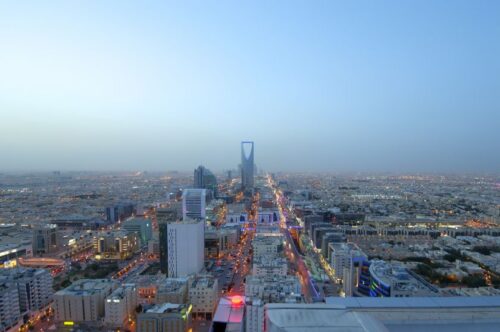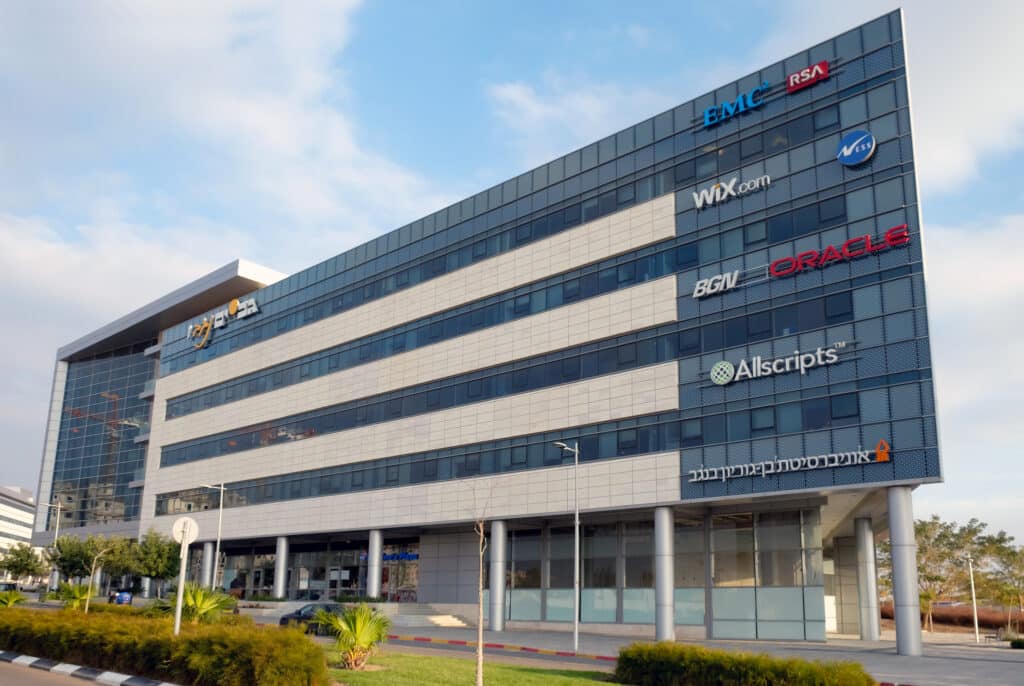
Israel’s economy stands predominantly on the country’s prolific high-tech industry.
Some 14% of the country’s economy is made up of the high-tech sector, which is one of the economy’s main engines of growth, and responsible for a major share of government revenues. However, the war in Gaza saw vast numbers of that sector’s employees serve in reserves duty, meaning they were absent from their jobs for prolonged periods of time.
A country’s economy is one of the main pillars of its national security, and thus Israel’s economy is an inalienable link in the very existence of the State of Israel. The IDSF HaBithonistim movement set out to gain better understanding of the implications of the ongoing war on the economy of Israel.
For this end we interviewed senior member of the IDSF HaBithonistim movement – former Director General of the Ministry of Communications and IDF Chief Communications Officer, Brigadier General (res.) Nati Cohen on his views on this matter.
Although Israel is entrenched in a long-term multi-arena war, “we are viewing the return of investor confidence in the Israeli economy, especially because the country is at war”, asserts Cohen.
The economy plays a crucial role in creating optimal conditions for funding the costs of the war as well as in the continued existence of the State of Israel. The necessity to allocate financial support to the reservists and their families, both who bear the main brunt of the fighting, alongside the costs of rehabilitation of the individual in Israeli society are done through the reallocation of budgets from their usual purpose in times of peace, to the emergency channels that have been imposed upon Israel.
It is important to stress that it is only natural for a country dealing with a prolonged acute state of emergency, to experience economic trials. The effect of the economy on a country’s national security and vice versa is not mutually exclusive as the state of a country’s national security and its economy are tied in an interlinked cycle. One manifestation of this correlation is the steep costs of manufacturing of armaments, which meet higher demand in times of war.
As Israel’s high-tech industry draws heavily on foreign investors, its economy leans on high-tech, and its national security is dependent on the state of its economy – it follows that foreign investment plays a crucial role in Israel’s national security.
The reality at the moment is that by natural cause and effect, Israel’s economy sustained a hit from the war with large budgets allocated to war-related causes such as military activity, financial remunerations for fighters and their families in lieu of lost salaries, and medical and emotional support for the war’s victims. Yet on the other hand, data from the past year show that there is also potential for leveraging the war to sustain economic balance.
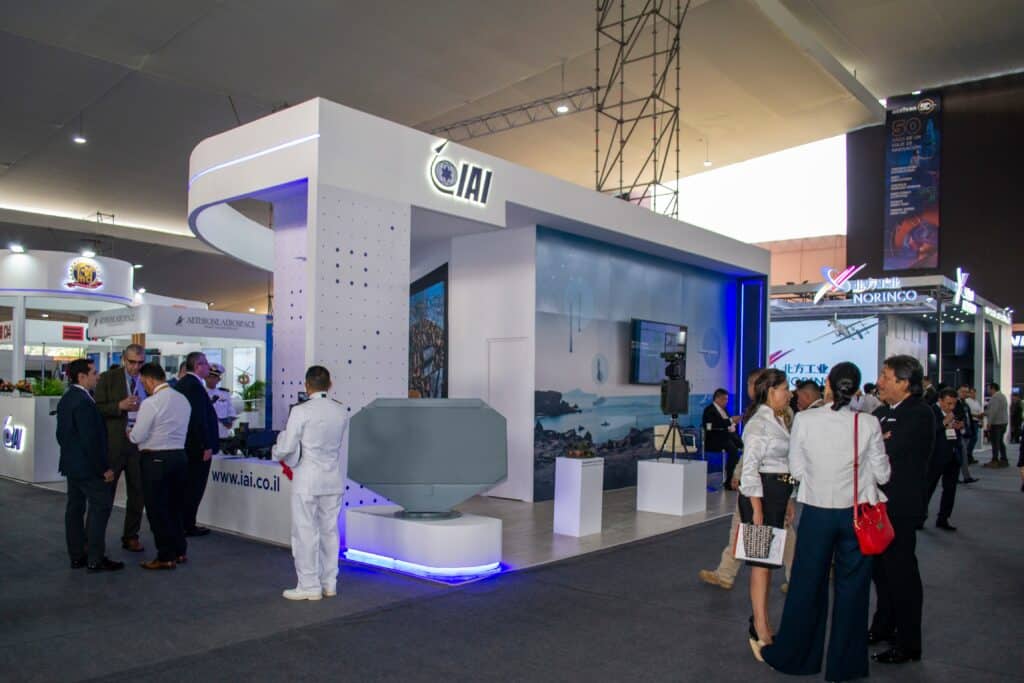
Does the war have any positive effect at all on Israel’s economy?
In sharp contrast to all of the negative economic outlooks and the credit downgrade Israel had sustained, it was actually the year of the war that saw a rise of 77% in foreign investments. “This stems from the understanding among investors that every war has a day after the war”, says Cohen. “On the one hand, Israel is in a state of war, but on the other – war is also an opportunity for creativity, innovation, thinking out of the box. Start-ups are born from unanswered needs, and the war in Israel had bred such needs, offering numerous opportunities to entrepreneurs”.
It is important to mention that the above said does not in any manner suggest that war is positive and desired, nor is it a choice made to create opportunities; however, one must not ignore the larger picture that includes a silver lining that should be considered.
Events the likes of war serve as an important test for a country’s capabilities, one which if Israel learns the right lessons could serve to boost its economy, no matter how chaotic and difficult the current situation is.
One engine for such an opportunity for growth is Israel’s world-renowned technology industry.
When and how had Israel become a high-tech superpower?
“The foundation for Israel as a platform for becoming a startup nation , starting 25 years ago, had been laid when Bill Gates visited the country. At the time I was serving in the IDF as a young officer (Major) and was selected to give Gates a tour of the IDF’s school of computer science”.
What was Bill Gates’ impression of the IDF’s technology unites?
Cohen remembers Bill Gate’s impression of the visit as a definitive moment in Israel’s high-tech industry: “The day I visited the IDF I understood why Israel is a start-up nation. When I see these young 18-year-olds learning in about a half a year what takes us four years to learn in university, and then serve another three to four years as they sign on to serve longer, they gain considerable experience which they then bring to the civilian market”.
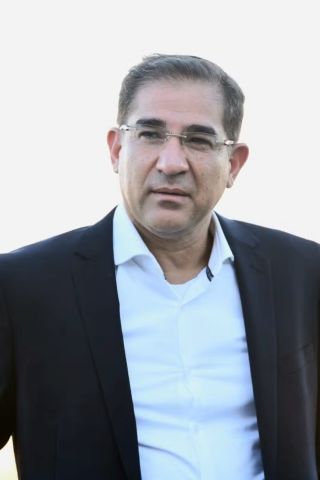
What is the role of the IDF in Israel’s economy?
“The IDF is a factory of sorts that is like an assembly line for its people. The army provides these people with the knowledge and ability to become future entrepreneurs, found start-up companies and acquire technological prowess while developing creativity, initiative and the ability to think out-of-the-box. This is in fact Israel’s atomic mass and relative advantage”, explains Cohen.
What do foreign investors see as unique to the Israeli market?
“Israel holds favorable objective conditions specifically in terms of start-up entrepreneurship and investments. It is a greenhouse for innovation and academia that nurtures the conditions for the growth and thriving of start-up companies”.
What are the main magnets for investors in Israel?
“Trust and the demonstration of ability”.
What does that mean?
In terms of trust, Cohen says that “since the Second Lebanon War, where the decision was made to develop the Iron Dome air-defense system – four years were needed to create an adequate response. Since the present war is a prolonged campaign, there is the need for quick solutions which are developed on the fly. This is the advantage of the trust in Israel’s military high-tech industry in that context”.
On the one hand, it would appear that a prolonged war taxes Israel’s stability and economy over time. On the other – it produces a slew of opportunities, and hence these fields of development enjoy investor confidence. One example are the reservists, who after months on the battlefield, come back to their technological greenhouses full of creative ideas, and present them in their respective companies. This process elicits the confidence of investors, who understand the unique opportunities that lie in this cycle.
In regards to the demonstration of ability, Cohen cites several cases in point: “Wiz, for example, is an engine of imitation. Investors copy the Wiz investment model in their own investments. Wiz investors had not started to invest in the company a month or two ago, but four or five years ago. A potential investor of Israeli high-tech sees profits only within three to five years and investors understand that cycle all too well”.
Do you have data that supports that claim?
“In 2020 Israel had about 3,000 startups. By 2021 that number grew exponentially to some 6,500. If you compare the size of Israel to Germany and England, although Israel is only about one quarter the size of Germany – that means that withing a year, investments have quadrupled themselves!”
Which companies express the greatest confidence in Israeli high-tech?
“Facebook, Google and Intel have considerable investments in the Israeli market. They establish greenhouses in Israel and invest large amounts of money in the development of R&D centers in the country, which are responsible for the impressive growth over the past years”.
Where there years in which investments ebbed?
“We witnessed a sharp drop in foreign investments, VC funds, banking and other foreign activity in Israel’s financial market during the years of the social protest against the judicial reform that raged up to the war; however, we are currently witnessing an impressive return of confidence during the year and a half of the war”.
How do you explain this?
“The fact that Israeli society as a whole is mobilized to the war effort, and that investors see that at the end of the day, there is a strong sense of solidarity and mutual aid in Israeli society, boosts confidence in Israel’s high-tech industry as a result. It was when investors thought that the country is on route to becoming a non-democratic society according to western standards that they drew their activity from the Israeli market”.
What is important for investors in 2025?
“Regardless of being Jewish or non-Jewish, investors look for a stable government. The protests around the judicial reform [up to the outbreak of the Gaza War] led eventually to the destabilization of Israel’s high-tech ecosystem and in turn – of Israel’s economic stability. This manifested in the choices the investors themselves made. In other words, when we look at the war, it seems that it is actually the years of security instability in Israel that bring in the highest rate of investments in Israeli high-tech. In years of apparent instability of the democracy – investor confidence wavers because at the end of the day, they want to invest in a stable, democratic environment. That is why investments ebbed during the social protest and rose during the war”.
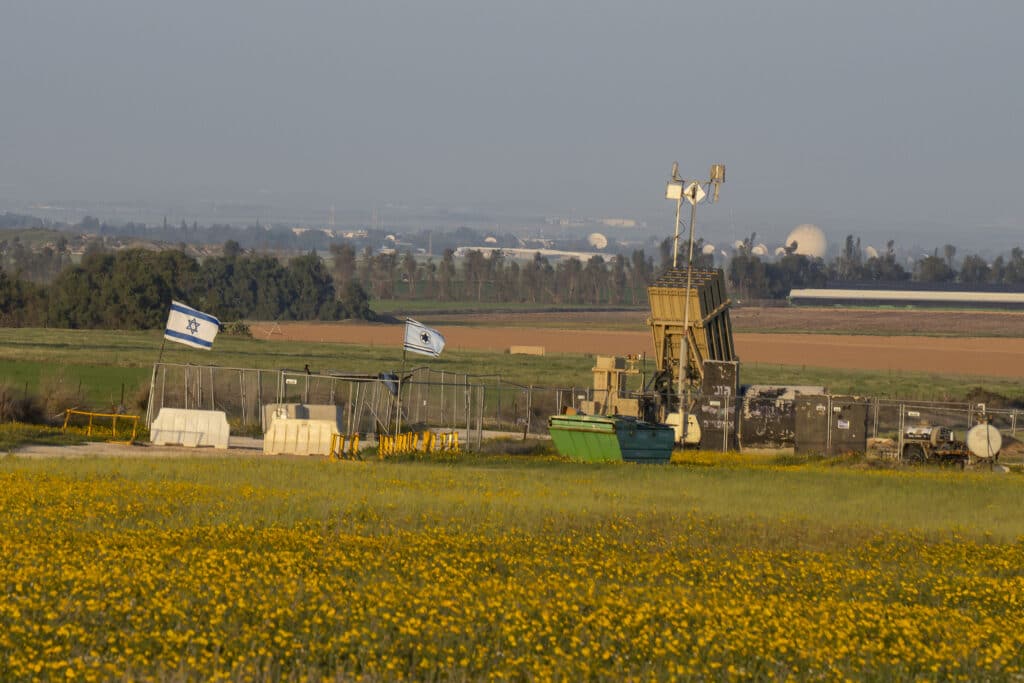
What is the reputation of the IDF among other militaries in terms of technology?
“Case in point: military systems that in the past, in times of relative quiet, have been updated once a year, have been updated no less than 60 times within four months during the war due to demands arising in the ongoing fighting. This is a definitive occurrence as far as the trust on part of foreign militaries towards the IDF. If the Polish army for example, wants to purchase a command and control system, or a drone system, and it has the choice of Israel’s military industry as oppose to other military industries – it would choose a system that had been updated some 40 times, and is at peak performance, even if it is more expensive, as compared with a cheaper system, which can only perform on the bases of preset models, experiments and trials, as oppose to real time data input”.
How do you explain the marked positive change on part of investors’ attitude toward Israel’s defense industry?
“This occurred in light of Israel’s force buildup during the war as well as the fact that Israel had proven its mettle on the battlefield. Israel’s military industry is highly creative and rolls solutions for the battlefield off its production line in real time – this serves as a relative advantage over other military industries. The UCAV and drone attacks, for example, caused considerable damage to Israel, `which was caught without an adequate response in the start of the war. But thanks to the industry’s prowess, it is now only a matter of months until military giants RAFAEL and Elbit will provide laser systems that can terminate that threat”.
The “proof of ability” that Cohen talks about is a very lucrative growth engine for Israel’s economy
Since the start of the war, Israel’s defense industry recorded a steep growth rate, with 2024 marking a record year, with peak revenues amounting to a staggering 70 billion dollars.
The unprecedented arms race forced upon Europe is eying Israel’s battlefield tested and proven military industry.
Many countries in Europe had already acquired Israeli missile systems worth hundreds of millions of dollars and it seems like this is only the beginning for Israel’s economy.
Hence, on the one hand, the war poses difficult challenges for the Israeli economy but on the other – it presents very lucrative opportunities that Israel would be wise to capitalize upon, through which it could expedite its recovery.
But an economy stands not only on its investors, but also on the human capital of its society. In Israel, the majority of society enlisted in the security forces over the past year and a half to protect the country.
How does a large-scale enlistment of reservists affect high-tech?
“The larger companies accept the situation and support those of their employees who serve in reserves’ duty. I myself had to let employees go to serve in combat units as part of their reserves’ duty”.
Who paid the price?
“The small startup companies were the ones who bore the heaviest brunt of their employees’ reserves’ duties– some of them serving as much as four tours. It did not hurt the critical mass, as most employees returned to their jobs sharper and more creative. Since Israeli high-tech has a mixture of populations, it is pretty balanced socially, which compensated for the absence of the reservists”.
In conclusion, Israel has what it takes to manage the required balances to maintain economic growth in order to minimize and recover from the damage sustained by small businesses and the country’s civilians who were hurt financially, emotionally and medically as a result of the war.
This balance can be achieved through the contribution of Israel’s high-tech and military industries, which are yielding very high profits despite the war. Captains of the industry’s large-cap companies have a crucial role in the rehabilitation of the State of Israel through its economy, support and contribution to the general good.



